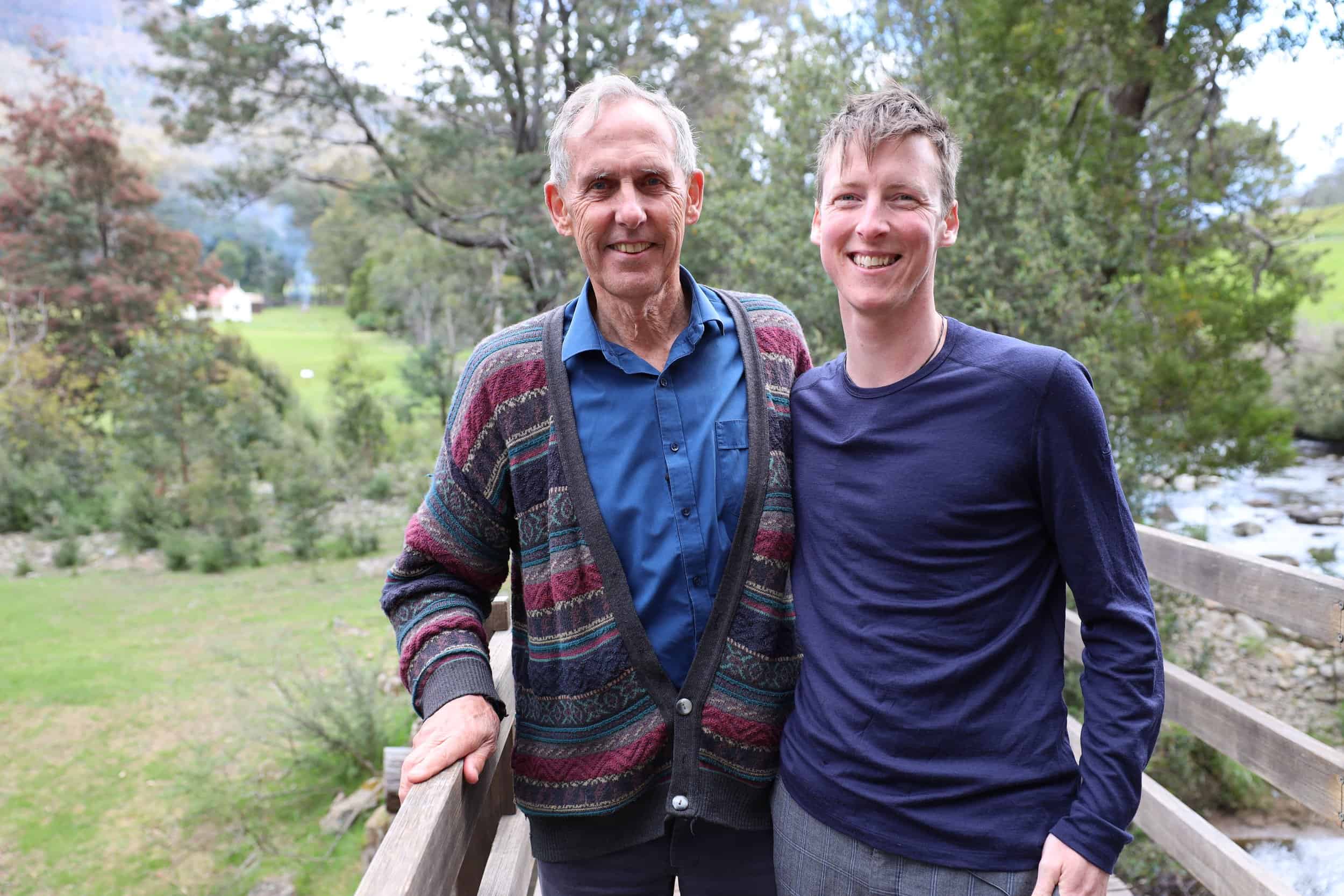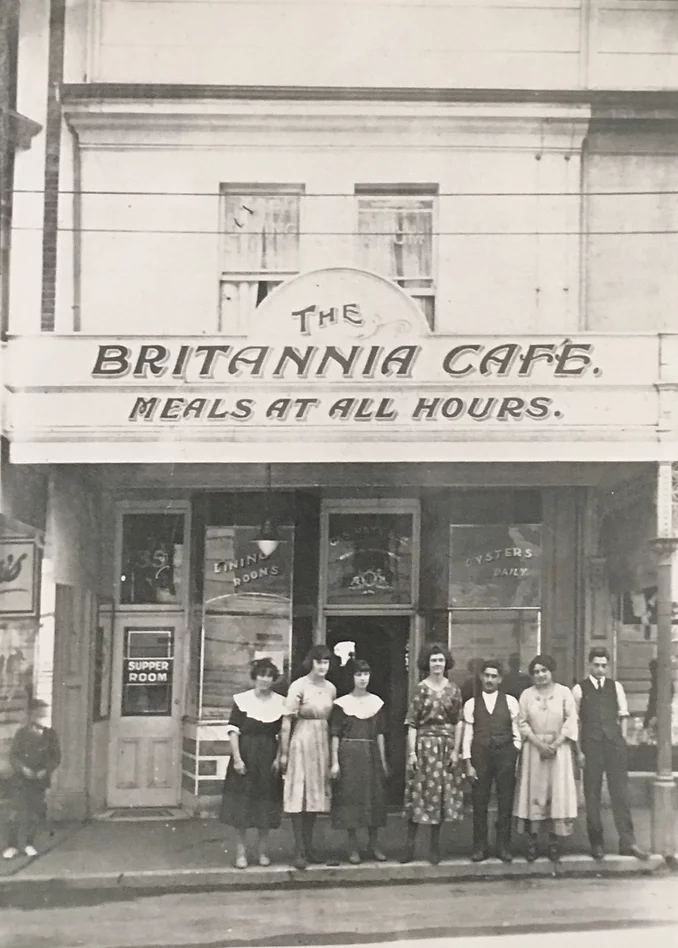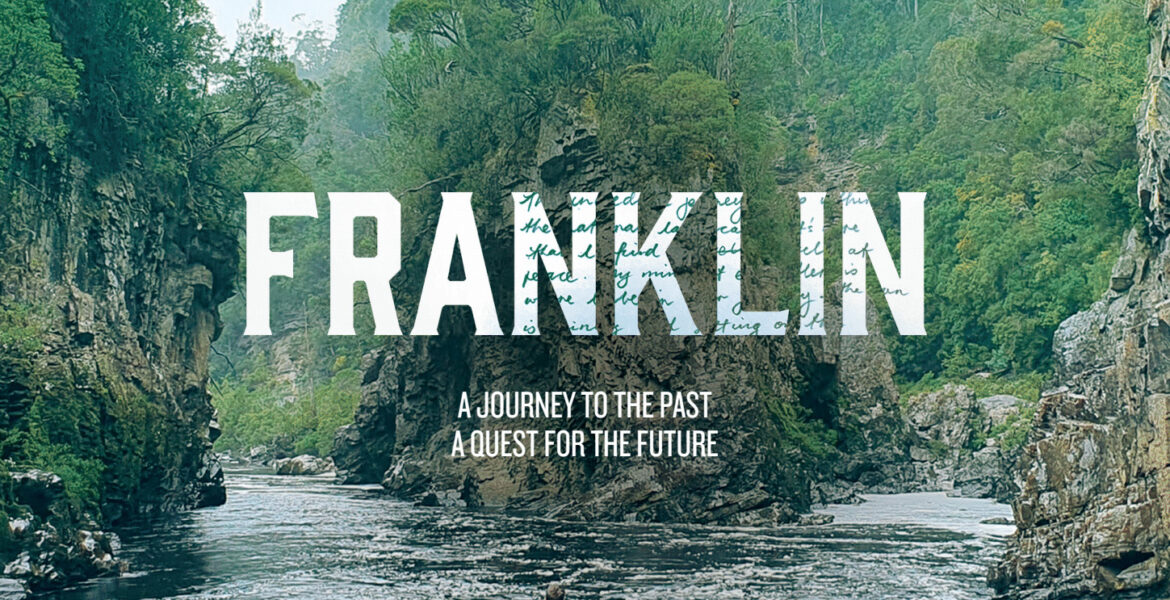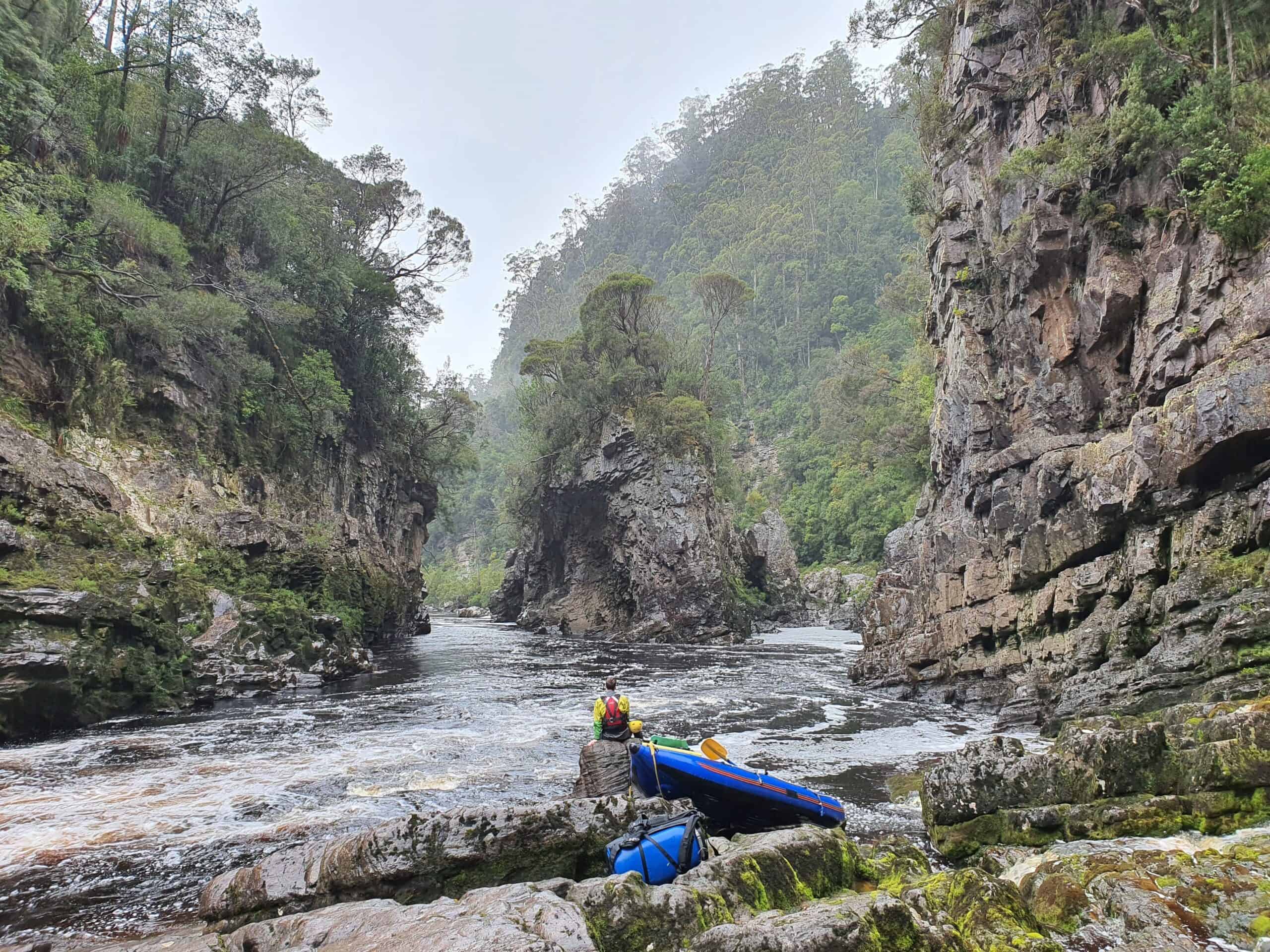The little Australian island of Tasmania, home to one of the earliest Greek migrant communities, is now the subject of a documentary making the forty-year anniversary of the ‘Franklin campaign’, which addressed the environmental threat to one of the most beautiful and pristine places in the world.
When Tasmania’s Hydro-Electric Commission planned to build a dam on the Franklin River, the Wilderness Society mobilised to protect it, sparking a now-infamous, and ultimately victorious, campaign of blockades, protests, lawsuits and political wrangling – a campaign that was a key part of the development of the Australian Greens movement. Franklin recounts this seminal environmental protest through the eyes of Oliver Cassidy, who retraces the journey on the World Heritage–listed river taken some 40 years before by his late activist father.
Franklin will be heading into theatres from September 4, launching a national cinema release with a simulcast Q&A screening featuring environmentalist Oliver Cassidy and former Australian Greens leader Bob Brown.

SCREENING DETAILS HERE
Following its successful run at the Melbourne International Film Festival, Franklin will screen in cinemas nationally on Sunday, September 4, followed by a live simulcast Q&A with Oliver Cassidy and Bob Brown. Cinemas nationally will also screen the film in-season from September 8, 2022.
The stunning new Australian documentary Franklin is directed and co-written by Kasimir Burgess (The Leunig Fragments), co-written by Claire Smith and produced by Chris Kamen.
Featuring never-before-seen archival footage and interviews with key players such as former Greens leader Bob Brown and Tasmanian Aboriginal elder Uncle Jim Everett, the eight-year-long Franklin campaign is revealed as Australia’s most significant environmental protest and an inspiring example of the power of peaceful protest to bring about lasting change.
“If you’re passionate about the environment, you’re going to want to check out Kasimir Burgess’ spectacular film Franklin. The flick traces the battle to protect Tassie’s staggeringly beautiful natural Franklin River during the ‘80s” – Time Out
Spectacularly shot in 4K by cinematographer Benjamin Bryan, against a backdrop of glorious natural beauty, eighth-generation Tasmanian and environmentalist Oliver Cassidy embarks on a life-changing solo rafting trip down the remote Franklin River. His goal is to retrace his late father’s 14-day expedition to attend the blockade that saved the World-Heritage listed national park from being destroyed by a huge hydroelectric dam project in the early 1980s.
Highly cinematic, Franklin is a deeply personal and utterly absorbing film, with Oliver Cassidy physically challenged beyond his limits as he battles against the odds on his journey of healing, both from recent gender affirming surgery and the grief of the loss of his father. “It’s a story that gives us all hope,” says co-writer Claire Smith.
“This is a film about everyday people standing up for what they believe in to make the world a better place,” says Oliver. “The Franklin river campaign is more important than ever, given the right to protest is under threat around Australia.”
RESOURCES | ABOUT THE GREEK COMMUNITY IN TASMANIA
Trifon Kelestioglou, a licensed victualler (alcohol merchant) aged 28, was naturalised in Hobart in 1878, and may have been the first Greek to settle in Tasmania. Athanasius Kaparatos was the first Greek in Launceston, arriving in 1884. He worked for thirty years as a wharf labourer, and was awarded a medal for saving a number of people from drowning in the Tamar. He later opened the Continental Café.

Like Athanasius, many early Greeks opened cafés. Grigorios Kasimatis (Gregory Casimaty) was probably the first to settle permanently in Hobart, in 1914. He established the Britannia Café, and with his brothers started Casimaty Bros Fish Shop in about 1918. In 1930, when George Haros arrived from Greece, there were fourteen Greeks in Hobart. In 1936 George opened the Green Gate Milk Bar, and began to manufacture his invention, the Haros boiler, which has been exported Australia-wide and overseas.
In the 1916 Secret Census the noted historian Hugh Gilchrist stated there were 7 Greeks residing in Tasmania; 5 in Hobart and 2 in Launceston. By 1931 there were 14 Greeks including including children, all were members of two families.
In the late 1940’s the Greek Community was relatively small numbering about 100 people.Greek families travelled to Sydney and Melbourne to christen their children as there was no Greek church at this point in time.There were occasions when a Greek Orthodox priest was brought from Melbourne to perform weddings and christenings that were held at Holy Trinity, North Hobart,and at St. David’s Cathedral. On one occasion, six weddings took place on the same day.



